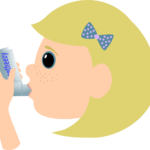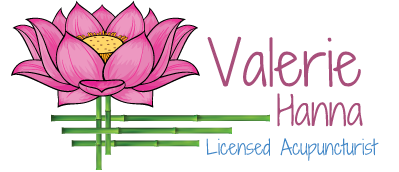Natural Help for Asthma
If you or someone you love suffers from asthma, you know how scary this condition can be. Asthma is a chronic lung disorder in which your airways become obstructed and cause symptoms such as shortness of breath, chest tightness, wheezing, and coughing. While asthma is considered to be chronic, it’s also characterized by acute attacks, which can be life-threatening. During an acute attack, your airways become inflamed and thickened, and the muscles surrounding them spasm, causing chest tightness and severe shortness of breath
Who Get s Asthma?
s Asthma?
The incidence of asthma is on the rise. Right now, it affects about ten percent of children and eight percent of adults, however those numbers are increasing. Scientists report that the number of people with asthma and allergies is growing due to:
-Increased pollen in the air due to changes in climate
-Higher concentrations of pollutants in our air
-Indoor spaces that are energy proofed and unable to breathe
-The overuse of antibiotics
Treating Asthma and Recognizing Triggers
While asthma is considered to be a chronic condition, there is good news in that it can be controlled. Traditional Western treatments for this condition include the use of a rescue inhaler for acute attacks and medications to control the symptoms and decrease inflammation in your lungs. In addition, if your asthma is triggered by allergies, your doctor may recommend a series of allergy tests to determine what substances are causing your symptoms.
Understanding the triggers for your asthma is an important component of controlling your symptoms. Some common triggers that may set off an attack include allergies, exercise, cold air, smoke, pet dander, mold, dust, certain foods, and having a cold or the flu.
Some people have turned to complementary medicine for help with their asthma. Many have found that acupuncture can be helpful, and research is beginning to back this up. Some early clinical studies have found that acupuncture can help with chronic asthma symptoms and reduce the amount of medications needed to control attacks. In many cases, your practitioner would combine acupuncture with other healing treatments, such as Chinese herbs, food therapy, and lifestyle modifications.
Help may also be found for your asthma in the form of NAET which is a therapy that combines theories from Western medicine, acupuncture, Chinese medicine, kinesiology, chiropractic, and nutrition. If allergies or sensitivities are the underlying cause of your asthma, your NAET practitioner can help determine what substances are triggering your symptoms. Your practitioner would then work through a protocol to relieve your allergy or sensitivity, one at a time. In adults, acupuncture may be used, but NAET is safe and can also be performed on children, using acupressure instead of acupuncture.
If you are prone to asthma attacks that restrict your breathing, it’s important that you have a rescue inhaler on hand. However, it’s also valuable to know that through complementary treatments, recognizing triggers, and good self-care, you may be able to control the severity and limit the frequency of your asthma symptoms.
